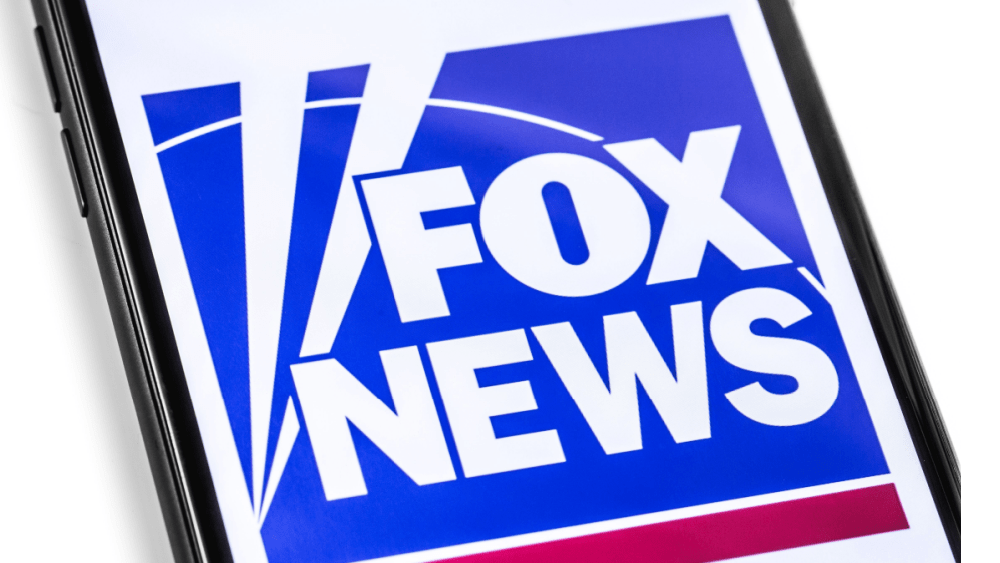
Dominion Voting Systems and Fox News have reached a deal to settle the $1.6 billion defamation case brought against Fox by the electronic voting company. Dominion sued Fox over unfounded accusations from the cable news giant, in which they accused Dominion on-air of helping to rig the 2020 presidential election against former President Donald Trump.
Soon after Delaware Superior Court Judge Eric Davis announced that the case has been resolved, attorneys for Dominion told reporters that Fox would pay $787.5 million to settle the lawsuit. Judge Davis had brought the jury and 12 alternates back into the courtroom following a lengthy break in proceedings. The settlement averted a weeks-long trial that could have seen top Fox TV hosts and network boss Rupert Murdoch testify
Fox said in a statement: “We are pleased to have reached a settlement of our dispute with Dominion Voting Systems. We acknowledge the Court’s rulings finding certain claims about Dominion to be false. This settlement reflects FOX’s continued commitment to the highest journalistic standards. We are hopeful that our decision to resolve this dispute with Dominion amicably, instead of the acrimony of a divisive trial, allows the country to move forward from these issues.”
Dominion CEO John Poulos told reporters that the settlement was historic, adding, “Fox has admitted to telling lies about Dominion that caused enormous damage to my company, our employees and the customers that we serve. Nothing can ever make up for that. Throughout this process we have sought accountability and believed the evidence brought to light through this case underscored the consequences of spreading lies. Truthful reporting in the media is essential to our democracy.”
The suit brought by Dominion argued that Fox News and its sister network Fox Business “intentionally and falsely” blamed Dominion for the 2020 loss of former President Donald Trump to President Joe Biden by airing unsubstantiated claims about the company. Fox had said in court filings that statements by its hosts about Dominion were protected by the First Amendment; and also said Dominion had not shown that the statements were made with so-called actual malice, which is the threshold for civil defamation claims.
Editorial credit: Primakov / Shutterstock.com
